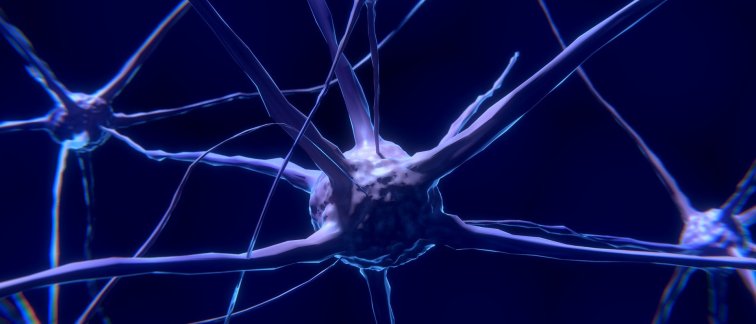Some patients with severe brain injury show short-term neurological improvements, such as recovery of consciousness, motor function, or speech after administering zolpidem, a GABA receptor agonist. The working mechanism of this paradoxical phenomenon remains unknown. In this study, Arnst and his colleagues used electroencephalography (EEG) and magnetoencephalography (MEG) to investigate a spectacular zolpidem-induced awakening, including the recovery of functional communication and the ability to walk in a patient with severe hypoxic-ischemic brain injury.
They showed that cognitive deficits, speech loss, and motor impairments after severe brain injury are associated with stronger beta band connectivity throughout the brain and suggest that neurological recovery after zolpidem occurs with the restoration of beta band connectivity. This exploratory work proposes an essential role for beta rhythms in goal-directed behavior and cognition. It advocates further fundamental and clinical research on the role of increased beta band connectivity in the development of neurological deficits after severe brain injury.
Read the article by Hisse Arnts et al. Awakening after a sleeping pill: Restoring functional brain networks after severe brain injury. Or read the NOS article (in Dutch).

